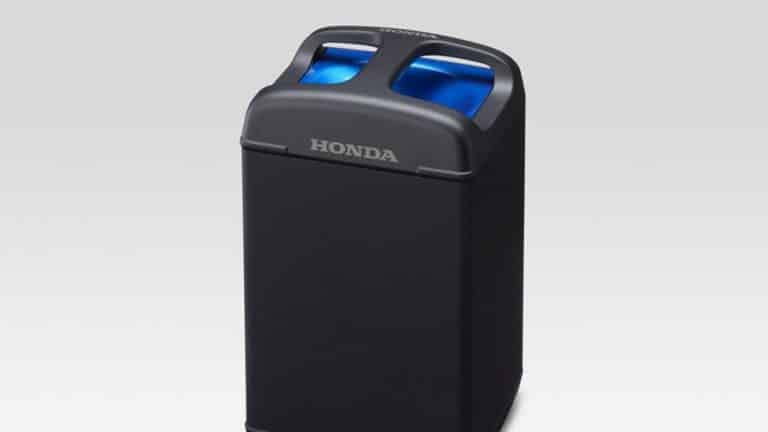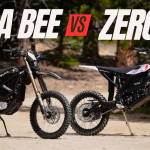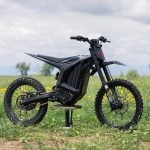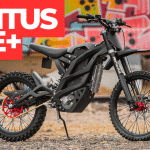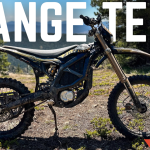The dawn of the E-UJM is upon us.
What happens when Honda, Yamaha, Kawasaki, and Suzuki team up to take over the electric motorcycle market? Looks like we’re about to find out as the big four announced they’ll be joining forces to produce standardized battery technology between their brands.
After extended prototyping and testing in Osaka, some initial details emerged as to the scope and strategy of the shared battery agreement.
All four brands plan on building a universal battery of the same shape, size, weight, and safety standards. Specs on the fuel cells haven’t been released at this time, but it has been confirmed that a final design has been agreed upon for production.
The ultimate goal (at least for the time being) is to build a universal electric fueling network across Japan that eliminates any concerns about vehicle range or travel delays due to battery capacity and charging times.
Essentially, the concept is that if enough motorcycles use the same universal battery technology, “power stations” can be built which keep a reserve of pre-charged batteries in stock. Similar to refilling a propane tank, electric motorcycle owners will simply stop at a refueling station, pull the spent universal battery from their ride, and swap it out with an identical fully-charged unit at the charging station for a fee.

The plan is both smart and ambitious, and no doubt fueled by impending regulations in the city of Tokyo and throughout Japan as a whole.
Tokyo recently announced a “zero emissions strategy” with a stated goal of becoming a net-zero emissions city by the year 2050. Its first step in that strategy is banning sales of all new vehicles powered by gasoline-only drivetrains by 2035 (including motorcycles).
Japan isn’t unique in that approach however, with both China and the state of California announcing similar plans during 2020.
Even General Motors declared its vehicles would produce zero tailpipe emissions by 2035, which is no small statement considering the automotive giant still holds the largest share of the US market at a whopping 17% of all sales.
Although these incentives are largely aimed at promoting hybrid and electric cars and trucks, it’s clear that the market is moving rapidly toward an electric future, and motorcycles are coming along for the ride.

